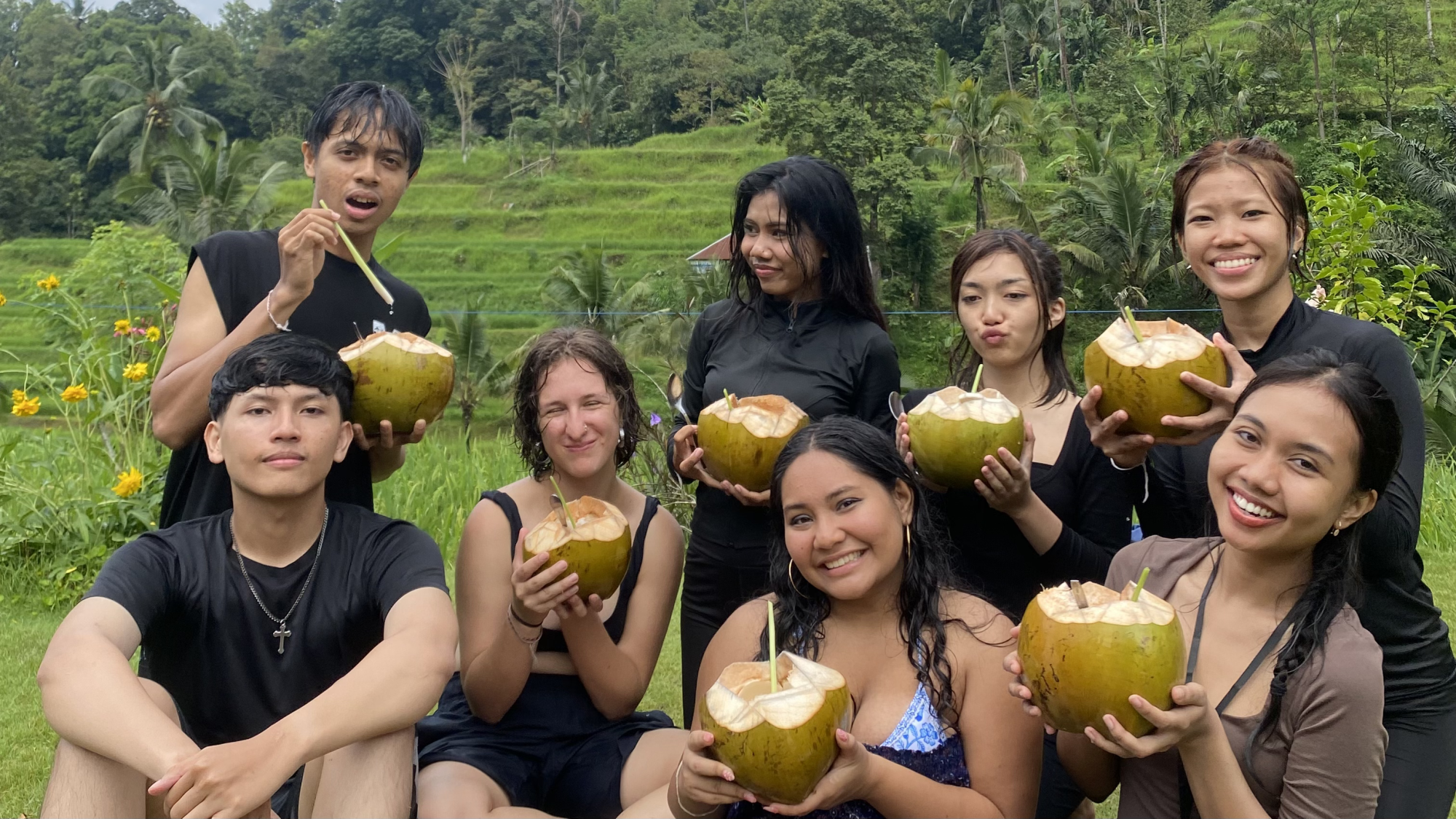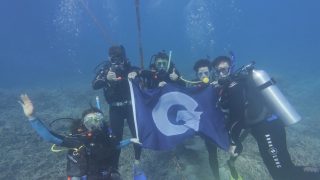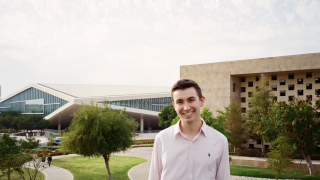Mara Goldstein (C’27) is a Georgetown Storyteller and a junior in the College of Arts and Sciences from Pearl City, Hawai’i studying justice & peace studies and English.
Studying abroad is an amazing opportunity to experience another side of the world and open your eyes to new perspectives. At the same time, being abroad can expose you to new bacteria that could negatively affect your health. What do you do when you get sick and don’t understand your host country’s health care system?
These are questions I had to face when I chose to study abroad in Indonesia this semester.
Before studying abroad, every student must take multiple orientations and know how to contact local hospitals, the international insurance company provided by Georgetown or by a third-party program, and the U.S. embassy in case of an emergency. Still, it’s impossible to know what to expect when you’re traveling to a new environment. Before leaving, I made sure to contact my primary care physician and a travel nurse and to get the proper vaccines.
I took all the necessary precautions before going to Southeast Asia. In Indonesia, I was careful with the foods I consumed and regularly used bug spray.
Yet I still found myself in a hospital in Yogyakarta, a region in central Java. Soon after landing in Yogyakarta, I developed fatigue and went home from our activities early because of a headache and fever. Over the next few days, my sickness got worse and got to a point where I couldn’t keep any liquids in my body.
I was luckily a part of a program with the School for International Training, which is an external company that works with universities to craft a unique nontraditional study abroad experience that still counts for credits. I contacted the program staff, who took me to the emergency room and translated for me because I am not fluent in Bahasa Indonesia. If a you are not part of a program with staff on-hand, I would recommend always having Google Translate downloaded for easy and quick translations and memorizing the contact information of the hospitals in their area. Once you have contacted the hospital and are on your way, contact your study abroad advisor for any information that may be necessary.
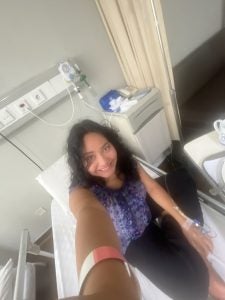
The doctor diagnosed me with salmonella and typhoid fever, even though I took the vaccine for typhoid. I racked my brain for what I could’ve eaten that gave me salmonella, but I couldn’t figure it out. After some medicine and an IV, I started to feel better, but the doctors kept me in the hospital overnight and gave me antibiotics. It felt a little scary being in a foreign hospital, and I didn’t always understand their instructions for taking medicine, but I rapidly began to improve thanks to the medicine in my IV drip. Because I was already feeling much better, it was easy to trust the people taking care of me, even if I didn’t always understand them. The program staff helped me contact our insurance company, which covered the cost of my overnight stay and all of my medicine.
After a week of medicines and vitamins, I was feeling better. With the help of the program staff, I easily slipped back into programming. I missed several classes, but caught up with the proper communication and effort. It still felt like I had missed a huge part of the program experience, skipping the opportunities to visit religious landmarks like Borodudur and Prambanan in favor of sleep. I did not attend lectures on important topics like pancasila, the core principles of the Indonesian government and constitution. Most importantly, I didn’t get the opportunity to spend time with local students from the University of Gajah Mada (UGM).
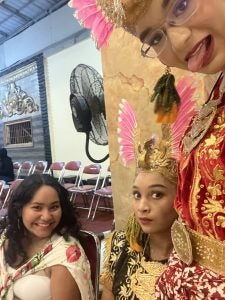
After a slow recovery, I still felt like I had missed out but was glad to be feeling better. In the few days I had with the UGM students, I found ways to instantly bond with them and though I soon said goodbye to them, social media allows me to stay connected with them and grow closer regardless of the distance. The students made me feel like I hadn’t missed anything at all! Later in the program, I was also able to befriend students from Udayana University in Bali, who made me forget that I ever had any bad experiences while studying abroad!
When going abroad, it’s always important to be familiar with the possible health risks and know that even if you take all the right actions, sometimes life has a different plan for you. In those situations, make sure to contact the right people and ask for help when you need it. Before leaving the U.S., ensure that you take all the necessary medications and vaccinations, learn about your insurance program and familiarize yourself with the signs of possible illnesses. I was terrified while I was sick, but Georgetown’s study abroad programs are prepared and equipped to handle emergencies.
